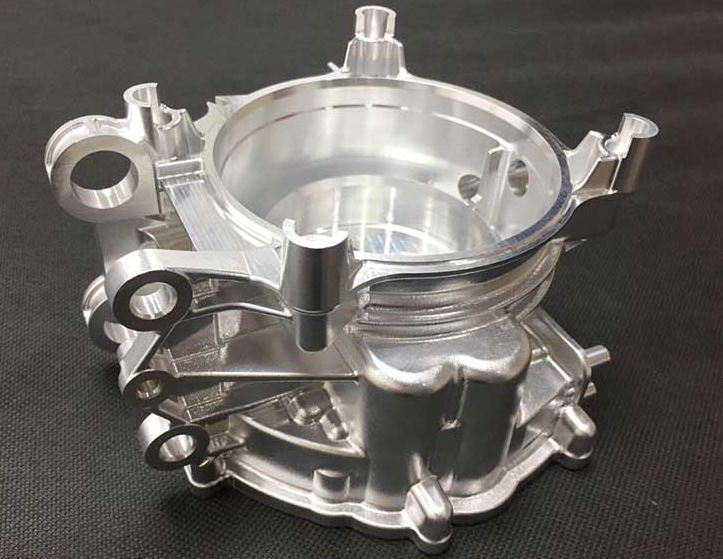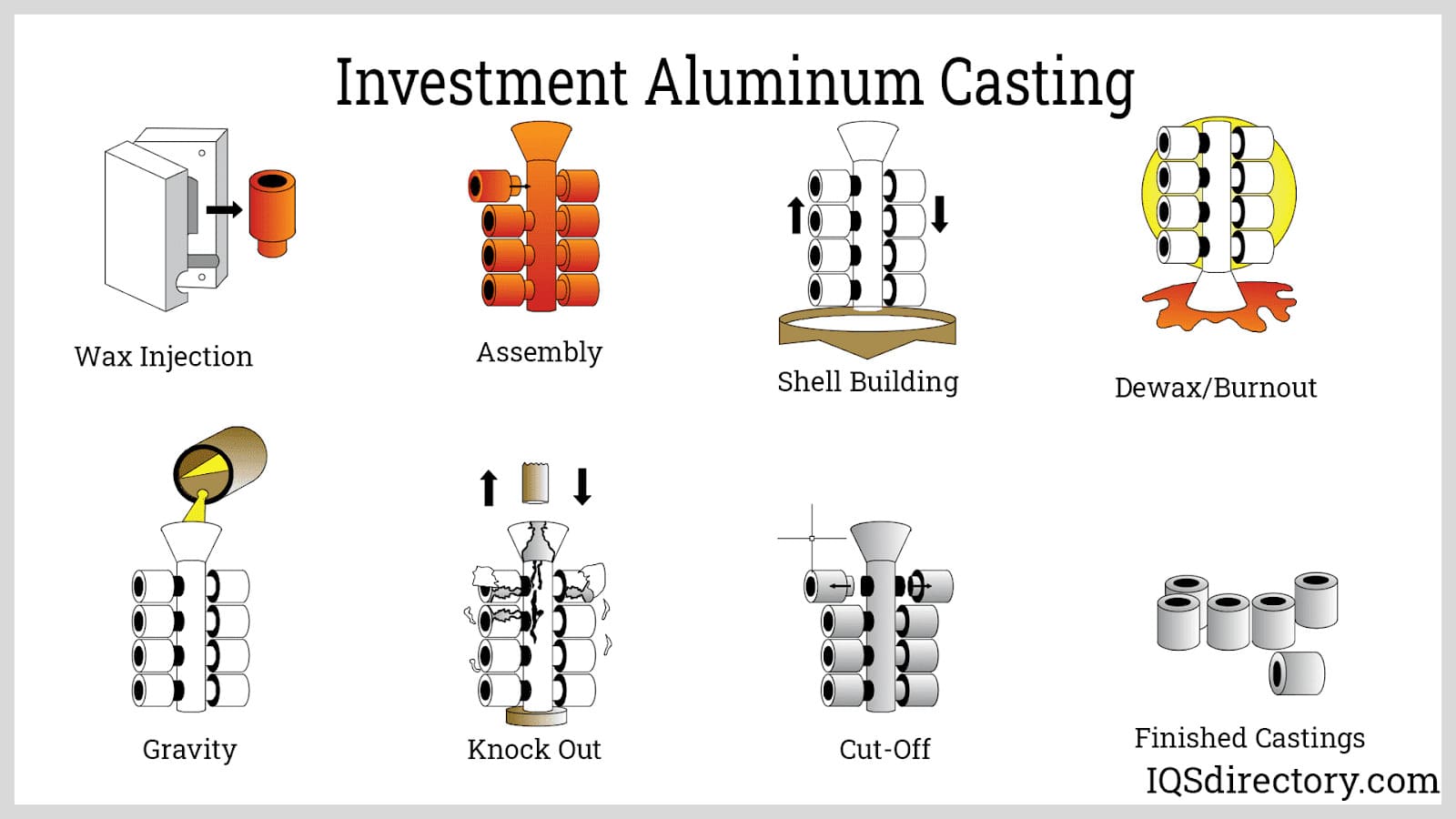Our Stahl Specialty Company Diaries
Our Stahl Specialty Company Diaries
Blog Article
Fascination About Stahl Specialty Company
Table of ContentsA Biased View of Stahl Specialty CompanyAll about Stahl Specialty CompanyThe Best Strategy To Use For Stahl Specialty CompanyThe Buzz on Stahl Specialty CompanyGetting My Stahl Specialty Company To Work
The refined distinction hinges on the chemical content. Chemical Comparison of Cast Light weight aluminum Alloys Silicon advertises castability by reducing the alloy's melting temperature and enhancing fluidity during casting. It plays an essential role in allowing intricate molds to be filled precisely. Furthermore, silicon adds to the alloy's stamina and use resistance, making it useful in applications where durability is important, such as vehicle components and engine elements.It likewise enhances the machinability of the alloy, making it less complicated to process right into finished items. In this way, iron adds to the overall workability of light weight aluminum alloys.
Manganese adds to the stamina of light weight aluminum alloys and boosts workability. Magnesium is a lightweight aspect that gives strength and effect resistance to light weight aluminum alloys.
It enables the manufacturing of light-weight parts with excellent mechanical residential properties. Zinc boosts the castability of light weight aluminum alloys and helps control the solidification process throughout spreading. It boosts the alloy's strength and firmness. It is commonly located in applications where intricate shapes and great information are essential, such as decorative castings and specific vehicle components.
Stahl Specialty Company Things To Know Before You Get This
Due to the fact that aluminum-silicon alloys have excellent casting buildings, high gas properties, straightforward procedures, and outstanding corrosion resistance, aluminum-silicon alloys are most generally utilized in the die-casting industry in the house and abroad. At the very same time, aluminum-silicon alloys are likewise relatively very early and widely identified alloys established and used in die-casting. After continual research study and improvement, the majority of the existing worldwide mainstream aluminum-silicon alloys have actually been settled and are nothing greater than A356, A360, A380, ADC12, B390, and A413.
The main thermal conductivity, tensile strength, return strength, and prolongation differ. Select ideal basic materials according to the performance of the target item produced. Amongst the above alloys, A356 has the highest thermal conductivity, and A380 and ADC12 have the most affordable. The tensile limitation is the contrary. A360 has the most effective return strength and the highest possible elongation price.

Stahl Specialty Company Fundamentals Explained
In precision spreading, 6063 is appropriate for applications where detailed geometries and high-grade surface coatings are critical. Instances include telecommunication units, where the alloy's exceptional formability permits for sleek and visually pleasing designs while preserving structural stability. In a similar way, in the Lighting Solutions market, precision-cast 6063 components produce classy and efficient illumination components that require complex forms and good thermal performance.
(https://forums.hostsearch.com/member.php?272859-stahlspecialc)
It results in a better surface area coating and better corrosion resistance in A360. The A360 displays premium prolongation, making it suitable for complex and thin-walled elements. In accuracy spreading applications, A360 is well-suited for markets such as Customer Electronic Devices, Telecommunication, and Power Tools. aluminum foundry. Its improved fluidness allows for elaborate, high-precision elements like smart device casings and communication device housings.

In accuracy spreading, aluminum 413 shines in the Consumer Electronic Devices and Power Devices industries. This alloy's remarkable deterioration resistance makes it an exceptional selection for outdoor applications, guaranteeing resilient, long lasting items in the stated sectors.
The Of Stahl Specialty Company
The light weight aluminum alloy you select will significantly impact both the spreading process and the residential or commercial properties of the last product. Because of this, you have to make your decision carefully and take an enlightened method.
Identifying one of the most suitable aluminum alloy for your application will certainly suggest evaluating a broad range of characteristics. These relative alloy features adhere to the North American Pass Away Spreading Organization's standards, and we have actually separated them into 2 classifications. Foundry. The very first classification addresses alloy characteristics that affect the production process. The second covers characteristics impacting the properties of the final item.
The alloy you choose for die spreading straight impacts numerous elements of the spreading process, like how easy the alloy is to work with and if it is susceptible to casting defects. Warm fracturing, also called solidification breaking, is a common die spreading flaw for light weight aluminum alloys that can result in inner or surface-level splits or splits.
Stahl Specialty Company for Dummies
Certain aluminum alloys are more susceptible to warm cracking than others, and your choice should consider this. aluminum metal casting. It can harm both the cast and the die, so you ought to look for alloys with high anti-soldering homes.
Rust resistance, which is currently a significant feature of light weight aluminum, can differ considerably from alloy to alloy and is a necessary particular to my blog consider depending upon the environmental conditions your item will be revealed to. Put on resistance is another building frequently looked for in aluminum products and can differentiate some alloys.
Report this page